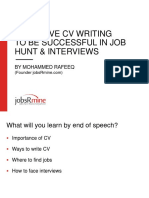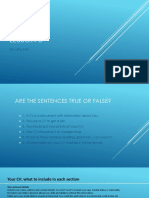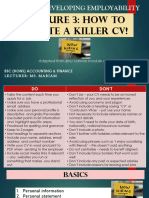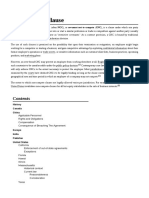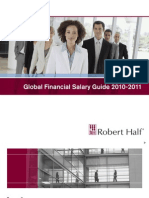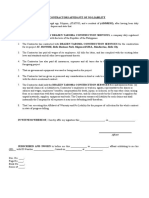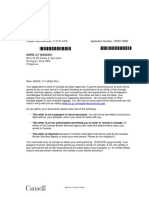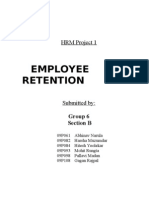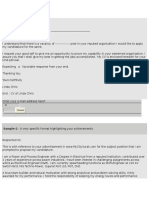0% found this document useful (0 votes)
46 views19 pagesSelf Rebranding
Self Rebranding is a career development seminar that allows you to position yourself as a career professional. It enables you to rebrand yourself for better career opportunities irrespective of your current level.
Uploaded by
Samuel OshoCopyright
© © All Rights Reserved
We take content rights seriously. If you suspect this is your content, claim it here.
Available Formats
Download as PPTX, PDF, TXT or read online on Scribd
0% found this document useful (0 votes)
46 views19 pagesSelf Rebranding
Self Rebranding is a career development seminar that allows you to position yourself as a career professional. It enables you to rebrand yourself for better career opportunities irrespective of your current level.
Uploaded by
Samuel OshoCopyright
© © All Rights Reserved
We take content rights seriously. If you suspect this is your content, claim it here.
Available Formats
Download as PPTX, PDF, TXT or read online on Scribd
/ 19









